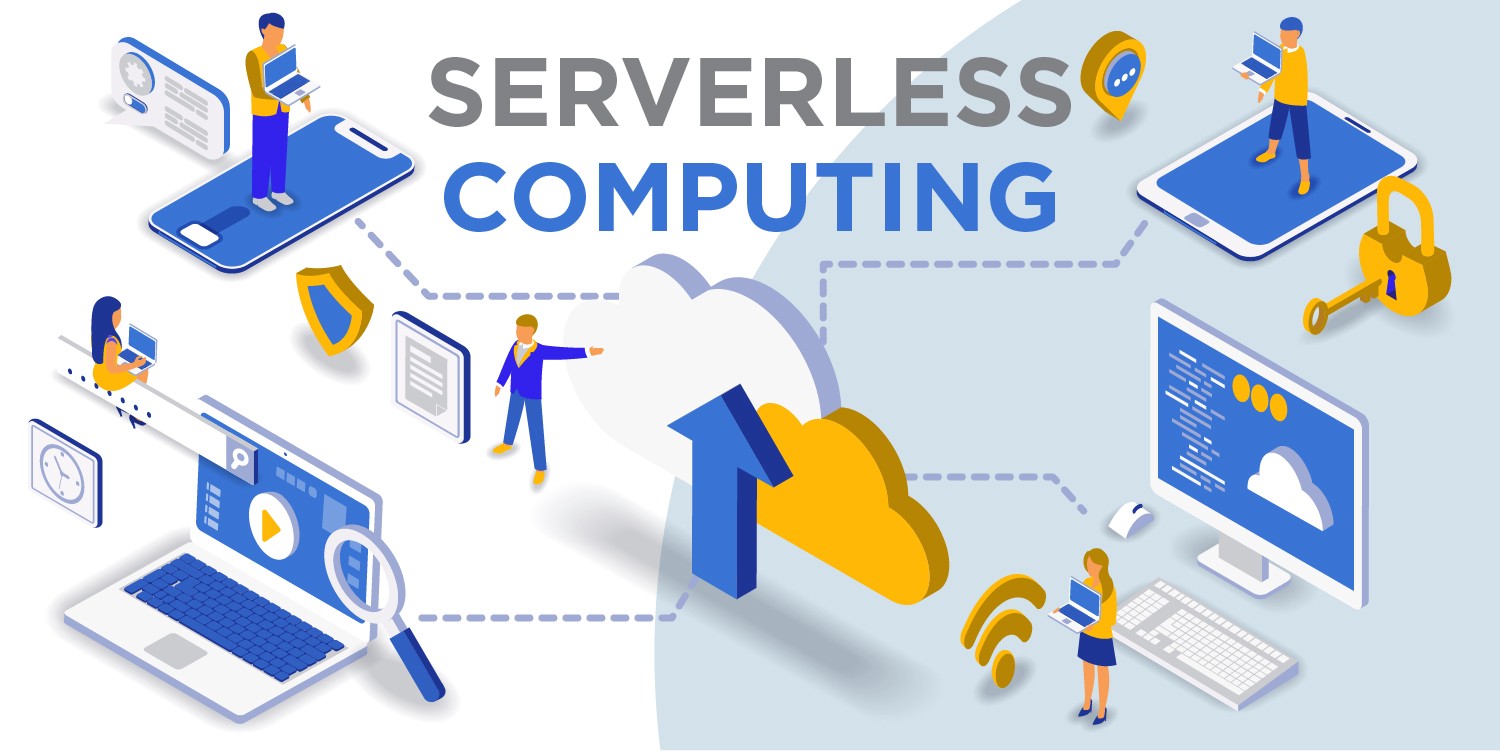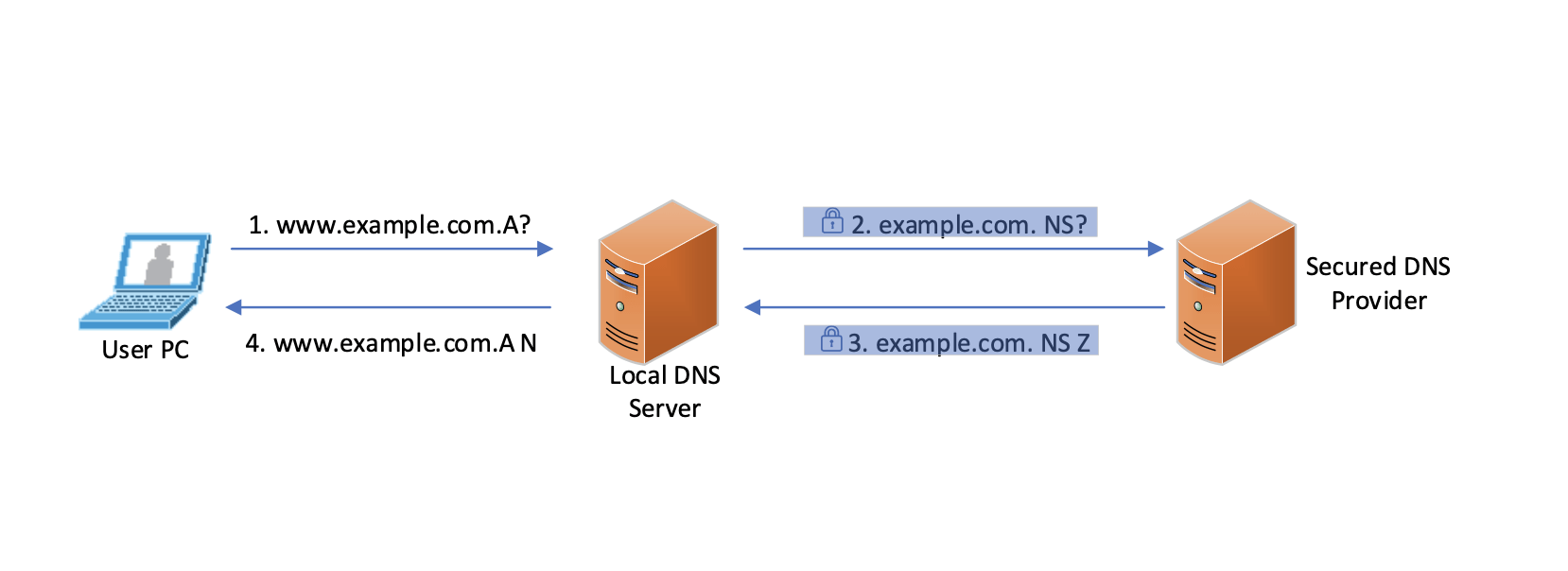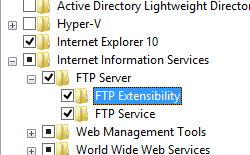
There are many different types of web-hosting options. There is Dedicated server hosting, virtual private server hosting, and shared hosting. Each option has its pros, and cons. Your needs will determine which hosting option is best for you. Consider a dedicated server if you need lots of space. But, if your goal is to get started, shared hosting could be the better choice.
Hosting dedicated servers
Businesses that require high performance and power are well served by dedicated server hosting. This type of server is customized for your specific needs and offers a variety of features, such as operational flexibility, scalability, and administrative control. Dedicated servers offer exceptional support to your business. This is vital when you grow and require high performance.

Dedicated server hosting is also very affordable. Dedicated servers are less expensive than shared hosting plans. The experts at your hosting provider manage things like caching software, firewalls, and the network layer, leaving you to focus on your website's development and content. Dedicated server hosting also comes with robust security. Dedicated servers can be protected by enterprise-level technology including redundant power and network connectivity.
Hosting virtual private server
The virtual private server hosting (VPS) is an alternative option to shared hosting. A VPS hosting allows you to take more control of your website's settings. Typically, you will be granted root access so that you can modify all settings. This gives you more control over the configuration of your website, and allows you to make changes without worrying about impacting other websites.
Virtual private servers are ideal for testing environments. They are fully self-contained and can run two versions your website. One for development and the other live. This is faster than using two servers. Additionally, updates can be applied quickly. You can simulate multiple testing environments on one machine. VPS hosting comes with the added benefit of being able to backup your site's files. Shared hosting does not allow this.
Shared hosting
Shared hosting is a good option for beginners and those who want to launch a website but do not have a large budget. This hosting lets you share a server to host multiple websites. This can slow down your website and lead to system crashes. This can make it hard to run resource-intensive functions when using shared hosting.

One drawback to shared hosting is the strict restrictions it places on users. Some of these restrictions make it impossible to install certain plugins. It is possible that you will not be allowed to send emails directly from the host. If you're unsure about these limitations, you can search for other hosting services.
FAQ
What is a "static website"?
A static website is a site where all content are stored on a server, and visitors can access it via web browsers.
The term "static", refers to the absence or modification of images, video, animations, and so forth.
This type of site was originally developed for use in corporate intranets but has since been adopted by individuals and small businesses who want simple websites without the complexity of custom programming.
Because they are less maintenance-intensive, static sites have gained popularity. They are much easier to maintain than fully-featured sites with many components (such a blog).
They also load more quickly than dynamic counterparts. This makes them ideal for users on mobile devices or those with slow Internet connections.
A static website is more secure than its dynamic counterparts. You can't hack into a static site. Hackers only have access to the data that resides inside a database.
There are two main methods to create static websites:
-
A Content Management System (CMS),
-
Create a static HTML website
Which one is best for you depends on your needs. A CMS is the best choice for anyone who is new to building websites.
Why? Because it gives you complete control over your website. You don't even need to hire someone for help setting up your CMS. All you need to do is upload files to the web server.
You can still learn to code and make a static website. It will take some time to learn to program.
Can I create my own website with HTML & CSS?
Yes! If you've read this far, you should now know how to create a website.
You're now familiar with the basics of creating a website structure. However, you must also learn HTML and CSS Coding.
HTML stands to represent HyperText Markup Language. This is like writing a recipe. You'd list the ingredients, instructions, along with directions. HTML can also be used to inform a computer if certain parts of text should appear bold, underlined and italicized. It's the language for documents.
CSS stands as Cascading Stylesheets. This is a stylesheet for recipes. Instead of listing each ingredient and instructing, you can write down general guidelines for font sizes, colors and spacing.
HTML tells the browser how to format a web page; CSS tells it how to do it.
Don't worry if you don't know the meaning of either one of these terms. Follow these tutorials, and you'll soon have beautiful websites.
How much do web developers make?
When working on a website for yourself, you'll probably earn around $60-$80 per hour. Independent contractors are a better option if your goal is to charge more. The hourly rate could be anywhere from $150 to $200
What Types of Websites Should I Create?
This depends on your goals. Your website should be able to sell products online. This will allow you to build a successful business. You'll need to build a robust eCommerce site to do this successfully.
Other popular types of websites include blogs, portfolios, and forums. Each requires different skills. For example, to set up a website, you need to understand blogging platforms such WordPress or Blogger.
You will need to decide how to customize your website's look when you select a platform. There are lots of free themes and templates available for each platform.
After you have chosen a platform, it is time to add content. You can add images, videos, text, links, and other media to your pages.
Your new website is ready to be published online. Visitors can access your website in their browsers once it is published.
Statistics
- Is your web design optimized for mobile? Over 50% of internet users browse websites using a mobile device. (wix.com)
- Studies show that 77% of satisfied customers will recommend your business or service to a friend after having a positive experience. (wix.com)
- It's estimated that in 2022, over 2.14 billion people will purchase goods and services online. (wix.com)
- At this point, it's important to note that just because a web trend is current, it doesn't mean it's necessarily right for you.48% of people cite design as the most important factor of a website, (websitebuilderexpert.com)
- The average website user will read about 20% of the text on any given page, so it's crucial to entice them with an appropriate vibe. (websitebuilderexpert.com)
External Links
How To
How to become a web designer?
A website is more than just HTML code. It's an interactive platform, which allows you communicate with users and provides valuable content.
A website is more than a medium for delivering information; it is a portal to your business. It should allow customers to quickly find what they need, while also showing how you want them interact with your business.
The best websites make it easy for visitors to find the information they seek and then to leave.
This goal will require you to master technical skills and aesthetics. You'll need to learn HTML5 coding and CSS3 styling as well as the latest developments in JavaScript.
InDesign, Photoshop and Illustrator are all tools that can be used to create and edit websites. You'll also need to create a style guide that includes everything, from fonts to colors to layout.
You can learn more about web design by looking at articles, enrolling in college courses or reading online courses.
Although it might take you months or even years to finish your degree program you will be ready to join the workforce once you have earned it.
Don't forget to practice! Designing will improve your ability to build great websites.